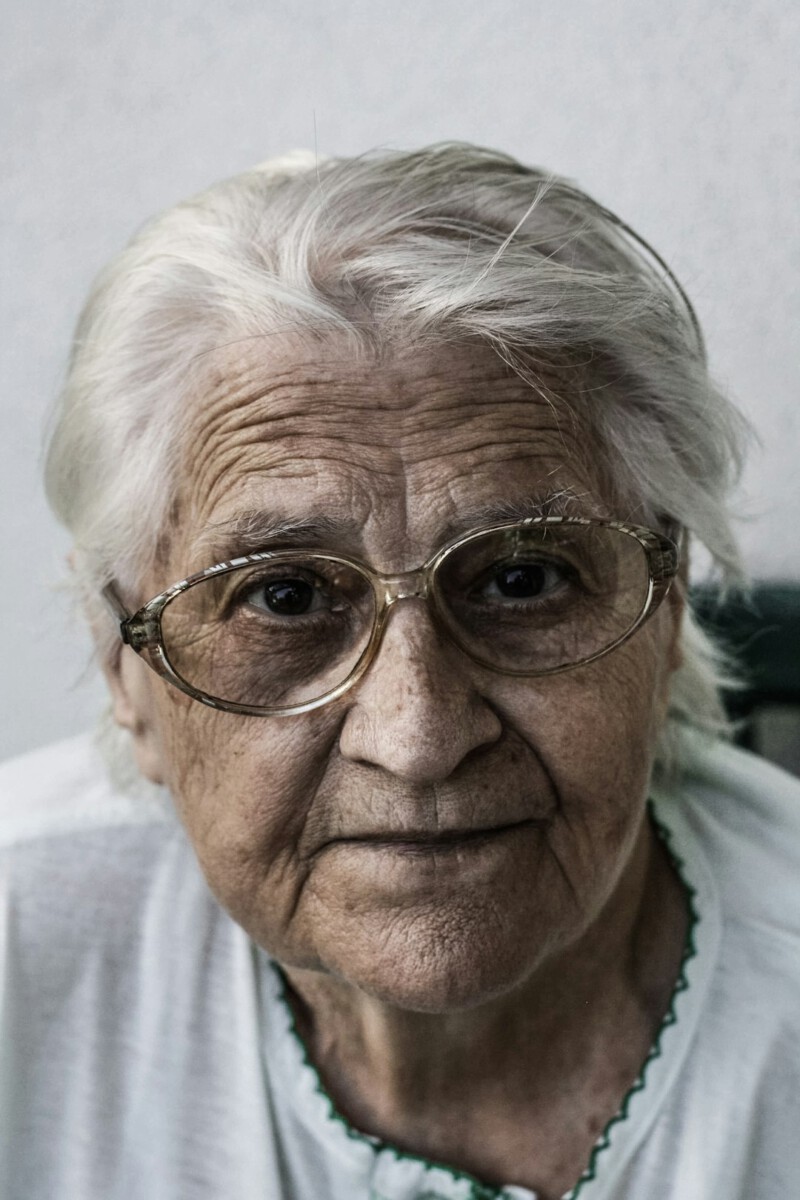A Chilling Revelation Emerges (Image Credits: Unsplash)
In the dim confines of a Hialeah home, shadows of neglect lingered like a forgotten storm, revealing a heartbreaking tale of family turned foe.
A Chilling Revelation Emerges
Imagine discovering that the person meant to protect you is the one causing harm. That’s the nightmare a 77-year-old woman with dementia and Alzheimer’s faced, according to police reports. Her daughter, Janet Edwards, 49, now stands accused of locking her in a bedroom and ignoring her most basic needs.
Family members grew suspicious after noticing bruises and unclean conditions during visits. They alerted authorities, leading to an investigation that uncovered disturbing details. Edwards reportedly admitted to witnessing her mother in dire straits but chose inaction, claiming frustration as her motive.
This case hits hard because it exposes cracks in what should be a safe haven for the vulnerable.
The Harsh Details of the Alleged Neglect
Edwards allegedly confined her mother to a single room, refusing to change soiled diapers multiple times. On at least five occasions, she saw her mother handling and even consuming feces, yet did nothing to intervene. The elderly woman, unable to care for herself, suffered in isolation for months.
Beyond the filth, physical abuse entered the picture. Edwards’ children reported seeing their grandmother with slap marks on her face, and Edwards herself confessed to striking her mother out of irritation. Such acts turned a caregiving role into a source of torment.
These revelations paint a picture of deliberate cruelty, far removed from the patience elder care demands.
Family Intervention Saves the Day
The turning point came in May when Edwards’ adult son visited and found his grandmother locked away, her cries echoing unanswered. He confronted his mother, who brushed it off with a cold remark about teaching a lesson. Alarmed, he and his siblings pushed for help.
They documented the conditions and reported to Hialeah police, providing photos and statements that fueled the probe. Without their vigilance, the situation might have worsened. It’s a reminder that loved ones often spot trouble first.
Their actions not only prompted the arrest but also ensured the grandmother’s removal to a safer environment.
Understanding Florida’s Elder Abuse Laws
Florida takes these matters seriously, with statutes designed to shield the elderly. Neglect of a disabled adult qualifies as a third-degree felony, carrying up to five years in prison. Battery on someone 65 or older adds another layer, potentially escalating charges if harm is severe.
Lawmakers define abuse broadly, including willful deprivation of care or physical harm. In this instance, both neglect and battery fit the bill, as outlined in state code section 825.102. Penalties aim to deter such behavior and protect at-risk populations.
The Road to Justice and Recovery
Edwards was arrested on October 22, 2025, and held on a $6,000 bond. She faces court dates ahead, where the full evidence will unfold. Meanwhile, her mother receives proper medical attention, a small victory amid the chaos.
Recovery for the victim won’t be easy, given her cognitive decline. Support services now step in to aid her healing. Cases like this often spark community discussions on monitoring family caregivers.
Yet the emotional scars may linger longest, highlighting the fragility of trust in family bonds.
Spotting Signs of Elder Abuse Early
Prevention starts with awareness. Look for unexplained injuries, sudden withdrawal, or poor hygiene as red flags. Changes in behavior, like fear around a caregiver, can signal deeper issues.
Here are key indicators to watch for:
- Unexplained bruises or marks on the body
- Neglected personal care, such as unchanged clothing or bedding
- Isolation from family or friends
- Sudden financial discrepancies
- Signs of malnutrition or dehydration
- Expressions of fear or confusion around specific people
Acting on these can prevent escalation. Resources like Florida’s Adult Protective Services hotline offer guidance for reporting suspicions.
Key Takeaways
- Elder abuse often hides in plain sight within families; stay connected to spot it.
- Legal protections exist, but they rely on reports from those who care.
- Support for victims includes medical and emotional aid to rebuild lives.
This story serves as a stark warning: caregiving demands compassion, not control. When it fails, the consequences ripple far. What steps can we take in our own circles to prevent such tragedies? Share your thoughts in the comments.







